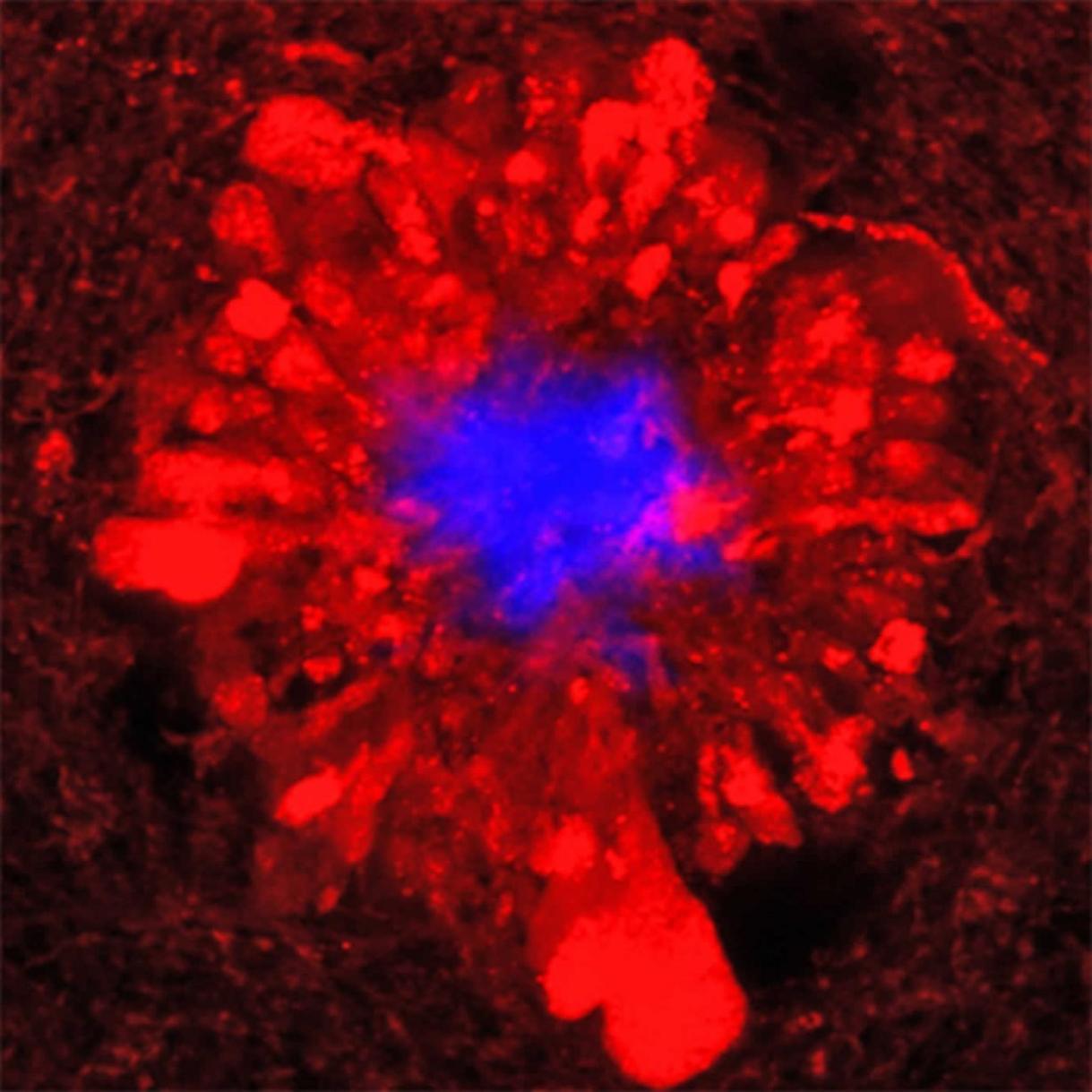Neuroscience and Decision-Making: Leveraging Brain Insights for Smarter Business Choices
In today's competitive business landscape, decision-making plays a pivotal role in determining success. From strategic planning to marketing campaigns and product development, the ability to make informed and effective choices is crucial for organizations to thrive. Neuroscience, the study of the brain and nervous system, offers valuable insights into the neural mechanisms underlying decision-making, providing businesses with a unique opportunity to leverage brain science for smarter decision-making.

The Neuroscience Of Decision-Making
The human brain is a complex organ responsible for various cognitive functions, including decision-making. Different parts of the brain are involved in this process, each playing a specific role:
1. Prefrontal Cortex:
- Higher-order thinking, planning, and decision-making.
- Responsible for evaluating options, considering consequences, and making rational choices.
2. Amygdala:
- Emotional processing and fear response.
- Plays a role in emotional hijacking, where emotions override rational thinking.
3. Ventromedial Prefrontal Cortex:
- Risk assessment and reward processing.
- Involved in evaluating potential rewards and risks associated with different choices.
The interplay between these brain regions influences decision-making, with emotions often playing a significant role. Understanding the neural basis of emotions and their impact on decision-making can help businesses develop strategies to manage emotions and make more rational choices.
Leveraging Neuroscience For Smarter Business Choices

By harnessing neuroscience insights, businesses can gain a deeper understanding of consumer behavior, optimize marketing and advertising campaigns, enhance product development, and improve leadership and management practices.
1. Applying Neuroscience To Marketing And Advertising:
- Understanding emotional triggers for consumer behavior.
- Designing marketing campaigns that appeal to the brain's reward system.
- Optimizing product design based on neuroscience principles.
2. Neuroscience In Product Development And Innovation:
- Identifying customer needs and preferences through brain imaging techniques.
- Developing products that align with the brain's natural decision-making processes.
- Enhancing creativity and innovation through neuroscience-based techniques.
3. Neuroscience In Leadership And Management:
- Understanding the neural basis of trust and cooperation.
- Leveraging neuroscience to improve communication and decision-making in teams.
- Developing leadership strategies that enhance employee motivation and engagement.
Challenges And Ethical Considerations
While neuroscience offers promising applications for business decision-making, there are challenges and ethical considerations that need to be addressed:
1. Challenges:
- Limited understanding of the brain and its complexity.
- Ethical concerns about using neuroscience for manipulation or exploitation.
- The need for responsible and ethical implementation of neuroscience insights.
2. Ethical Considerations:
- Transparency and informed consent.
- Respect for individual autonomy and privacy.
- Avoiding the use of neuroscience for deceptive or harmful purposes.
Neuroscience provides valuable insights into the brain's role in decision-making, offering businesses a unique opportunity to make smarter choices. By understanding the neural mechanisms underlying emotions, risk assessment, and reward processing, organizations can develop strategies to manage emotions, optimize marketing and advertising campaigns, enhance product development, and improve leadership and management practices. However, it is crucial to address the challenges and ethical considerations associated with the application of neuroscience in business, ensuring responsible and ethical implementation of these insights.
As neuroscience continues to advance, businesses that embrace neuroscience-based approaches will gain a competitive edge by making more informed and effective decisions, ultimately driving success and innovation.
YesNo

Leave a Reply